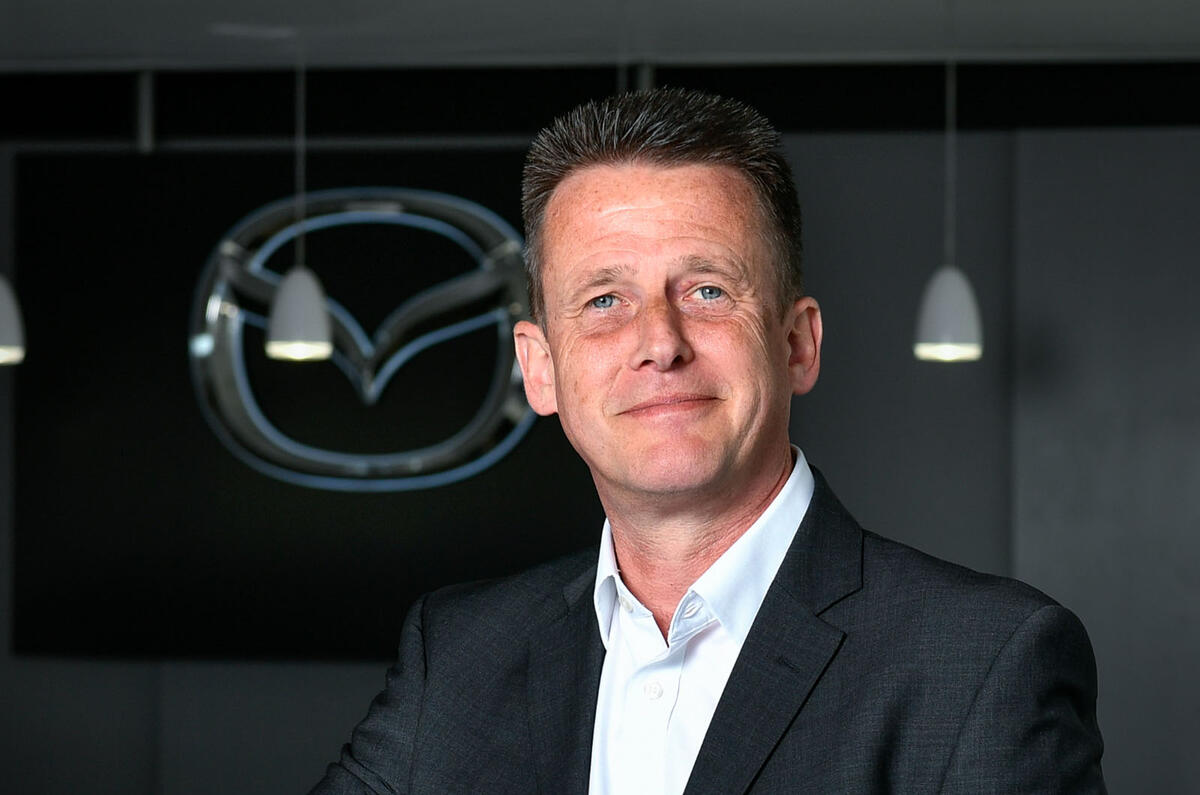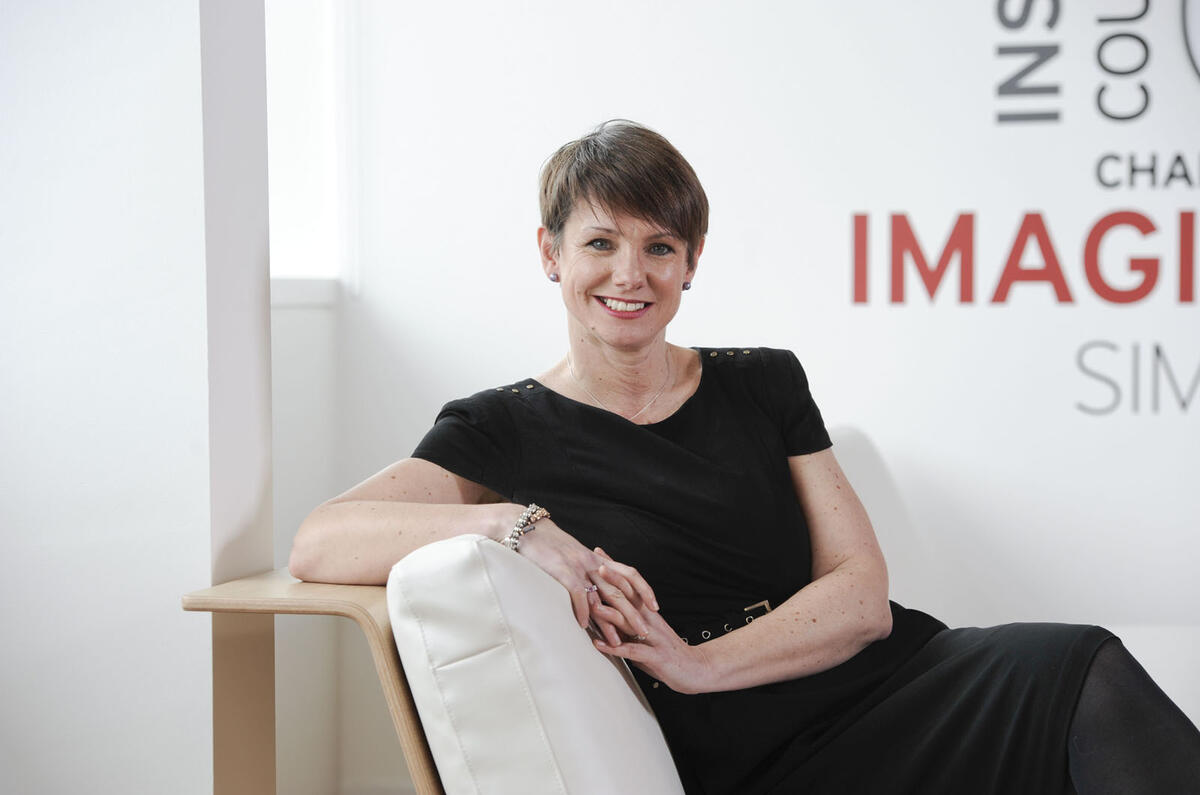Remarkably, given the millions of pounds and many hours of effort invested in chasing every sale by car retailers across the land, one of the biggest ways to gain an upper hand may well also be one of the most obvious: employ more women.
It’s more simply said than done, of course, but new research by Mazda UK has laid bare the impact today’s imbalance has on customers and sparked an initiative that boss Jeremy Thomson says is “critical” to resolve the issues, spurred on by the data highlighting just 24% of industry dealer staff are women, with 8% in sales roles and 6% in senior roles. “6% is senior roles - that’s an absolute shocker,” he concedes.













Join the debate
Add your comment
Customers need training as well. A man walked into my mates showroom and greeting the excellent sales lady with "Hello, I'd like a white coffee please, and can I talk to a salesman?"